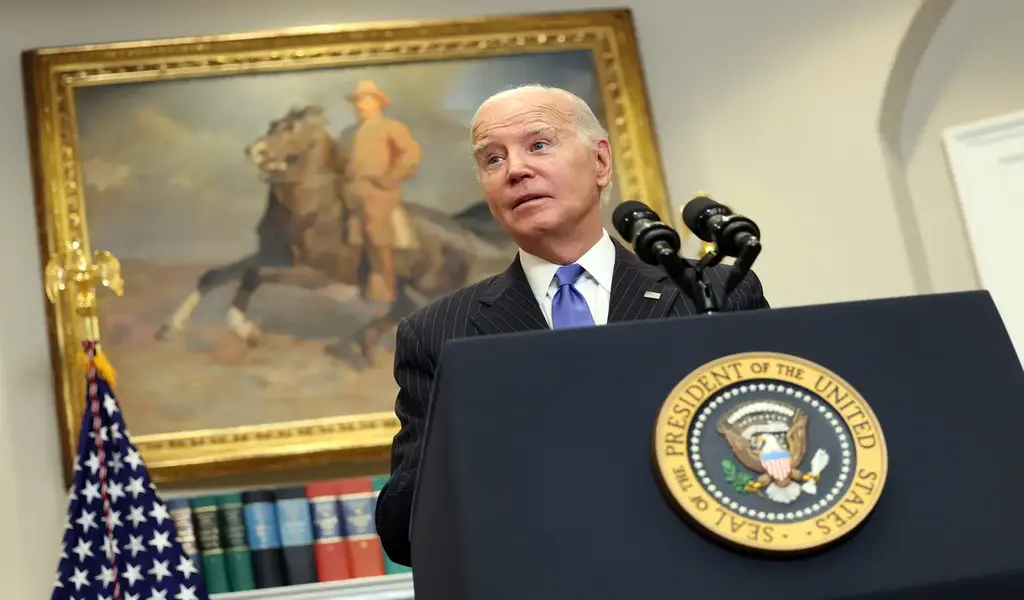(CTN News) – President Joe Biden’s Education Department has begun another round of negotiations to develop new standards for higher education, which might result in additional funding for some student loan holders.
In early January, the department held the first of three negotiation meetings on a set of higher education laws that it hopes to implement by next summer. According to the proposed wording, they are especially concerned with “cash management,” which describes how schools manage federal monies.
One of the department’s ideas involves how schools handle student meal plans. Specifically, if a student receives federal student aid, such as loans or grants, and uses that aid to pay for meal plans, the department wants schools to return the unused funds to those students “no later than 14 days after the end of the payment period,” according to the proposal.
Previously, schools could keep any remaining revenue despite students paying the entire cost of the lunch plan.
“These plans often include the use of ‘flex’ accounts that can be used like cash to cover expenses at campus grocery stores, food courts, and other meals if students have used their allotted meals for the week,” according to the plan.
Second Attempt at Student-Debt Relief: Biden Administration Navigates Regulatory Process
“Institutions may keep any remaining funds at the end of a period. This results in a financial penalty for students when institutions sweep unused meal plan payments that include Title IV funds.
Along with guaranteeing that students receive leftover dining plan monies, the department suggested making it easy for students to shop around for textbooks and course materials.
Schools can now automatically charge students for textbooks and other resources as part of their tuition and fees. However, the department suggested it is “concerned that a lack of disclosure and transparency limits students’ ability to find less expensive materials or assess if their school is offering the most affordable arrangement.”
The agency proposed that course materials be included in tuition and fees only if the school can demonstrate a “compelling health or safety reason” or if the school is the student’s only source of those resources.
Other ideas in the most recent negotiations addressed how the Education Department controls college accrediting bodies, intending to ensure that students and taxpayers are not damaged throughout the accreditation approval process.
The department will continue negotiating these regulations with stakeholders in February and March, with the chance for public comment.
Along with the cash management ideas, the department is developing regulations for its second try at student debt relief for borrowers.
After the Supreme Court rejected Biden’s first attempt at widespread loan forgiveness, the department began exploring a new path for relief under the Higher Education Act of 1965, which requires the administration to go through a sequence of talks and public consultation before drafting the final regulation.
The department completed its third and last round of debt reduction negotiations in December. However, some advocates and lawmakers are pressing the agency to hold another round of negotiations to explore incorporating debtors enduring economic difficulty in the final relief package.
“Failing to finalise a proposal to provide relief for borrowers experiencing hardship would result in millions of borrowers—including most recent graduates, many low-income borrowers, borrowers of colour, and borrowers with disabilities—being left out of the necessary debt relief,” nearly 70 advocacy groups wrote to Education Secretary Miguel Cardona last week. “This cannot be an option.”
A department spokeswoman told Business Insider that the request is being reviewed and that they will proceed “as quickly as possible to provide student debt relief to as many borrowers as possible, including through the regulatory process.”






